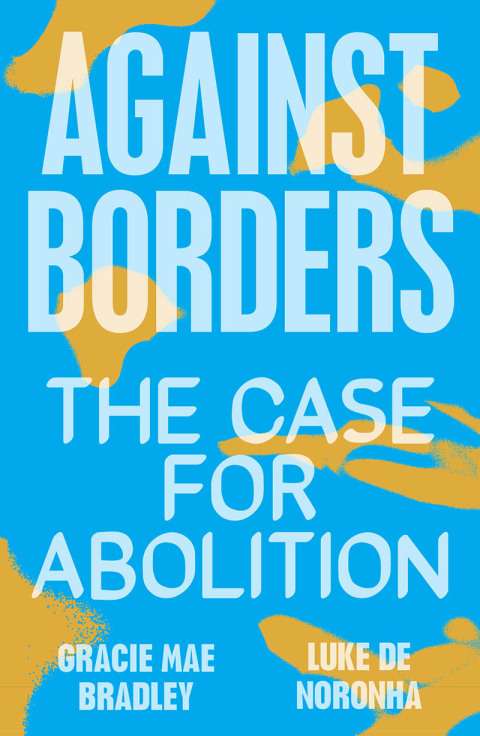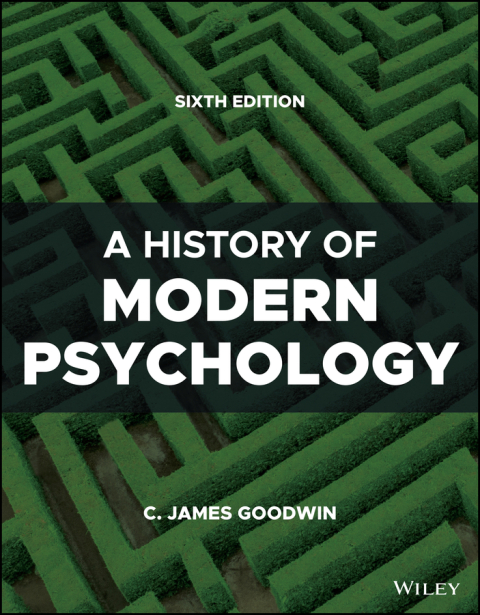Description
Efnisyfirlit
- Cover image
- Title page
- Table of Contents
- Copyright
- Dedication
- Notes on editors
- About the contributors
- Foreword
- Introduction Police Psychology and the Impact of Psychological Science on Policing
- Part I. Psychology in police culture and law enforcement agencies
- Chapter 1. The ethical practice of police psychology
- Introduction
- Professional ethics codes and demands on police psychologists
- Evidence-based policing and ethical practice
- Alignment of procedural justice theory with ethical principles
- Conclusions
- Chapter 2. The role of the psychologist in the screening and selection of law enforcement applicants
- Introduction
- Selecting in applicants
- Assessments that predict law enforcement performance
- Screening out applicants: postconditional offer psychological evaluations
- Conclusions
- Chapter 3. Incorporating psychological skills in police academy training
- Introduction
- Cognitive skills
- Emotional skills
- Social skills
- Moral skills
- Conclusions
- Chapter 4. Burnout and the psychological impact of policing: trends and coping strategies
- Introduction
- Defining occupational stress: burnout, compassion fatigue, and psychological trauma
- Burnout, compassion fatigue, and police: review of current evidence
- Personal characteristics
- The impact of emotions
- Moral injury
- Police culture, perceptions, and risks of the job
- Organizational psychology perspectives on what makes a job less stressful and more sustainable
- Interventions
- Not just what but how: process as well as effect
- Recommendations for future research
- Conclusions
- Chapter 5. Trauma and critical incident exposure in law enforcement
- Introduction
- The nature of police traumatization
- Risk and protective factors
- Prevention and treatment
- Conclusions
- Chapter 6. From ideation to realization: exploring the problem of police officer suicide
- Introduction
- Are police at heightened risk of suicide? Epidemiological research
- Demographics of police suicide
- Factors associated with police suicide
- Reducing the risk of police suicide
- Conclusions
- Part II. Psychology applied to policing issues
- Chapter 7. Psychological jurisprudence and the role of police psychology in community psychology
- Introduction
- Policing youth: A police psychology review
- The perceptual cues and interpersonal skills of police officers
- The attributions, prejudices, and stereotypes/typing by police officers
- The personality of law enforcement personnel
- Policing, stress management, and exposure to aggression and violence
- The psychology of recruiting, selecting, and training police officers
- Psychological jurisprudence: on theory, method, and practice
- Psychological jurisprudence: bridging police psychology and community psychology
- Conclusions
- Chapter 8. The role of psychological science in public order policing
- Introduction
- Classical perspectives and reactionary policing
- The social identity approach—a new way of understanding the crowd
- ESIM and football crowds: policing and self-regulation
- Euro 2000: High and low-profile policing
- Application Euro 2004—changing police psychology of the crowd
- The challenge of change
- Conclusions
- Chapter 9. Improving police procedures for dealing with mental illness
- Introduction
- Public perceptions of the police
- Use of force
- Police training
- Conclusions
- Chapter 10. Communication as a weapon for resolving hostage and barricaded situations
- Introduction
- “Talk to Me”: A new approach
- Crisis/hostage negotiation strategies
- From “talk to me” to “text me”
- Risk assessment in crisis/hostage negotiation
- Conclusions
- Chapter 11. Contributions of psychological science to enhancing law enforcement agencies’ response to intimate partner violence
- Introduction
- Particularities of police intervention in the context of intimate partner violence
- Prediction and management of risk for intimate partner violence
- Children of intimate partner violence: victims that cannot be forgotten
- Communication with victims of intimate partner violence
- Comparing intimate partner violence perceptions: experts, victims, and police officers
- Conclusions
- Chapter 12. The contribution of psychological science in police responses of sexual assaults
- Introduction
- Misconceptions about sex offenders
- Suspect prioritization
- Investigative interview
- False confessions
- False rape allegations
- Strategies used in sexually related online crimes
- Conclusions
- Part III. Psychology in criminal investigation
- Chapter 13. Beyond reasonable doubt: how to think like an expert detective
- Introduction
- Lessons from a craft tradition
- Detectives are simply human
- Research on detectives’ decision-making
- How should good detectives think?
- Generic models and supporting tools for investigative judgments and decision-making
- Conclusions
- Chapter 14. Developing a psychological research base for criminal investigations: academics and practitioners working together
- Introduction
- A model for “real-world” enquiry
- Formulation
- Design
- Reporting, selling, and implementing the results
- Conclusions
- Chapter 15. Threat assessment in law enforcement: advances in the appraisal and management of violence risk by police
- Introduction
- Preventing harm: the convergence of risk and threat assessment and management in modern law enforcement
- Principles of threat assessment and management
- Methods of threat assessment and management: tradecraft for law enforcement professionals
- The challenges of threat assessment and management in a law enforcement setting
- Conclusions
- Chapter 16. Investigative interviewing: exploring the contamination timeline of witness memory
- Introduction
- On the phone: the call handler interview
- At the scene: the frontline interview
- At the police station: the formal interview
- Conclusions
- Chapter 17. Is confession really necessary? The use of effective interviewing techniques to maximize disclosure from suspects
- Introduction
- Developing an evidence base for the PEACE framework
- Conclusions
- Chapter 18. Offender profiling: a review of the research and state of the field
- Introduction
- Origins of offender profiling
- Statistical offender profiling
- State of the field of offender profiling
- Conclusions
- Conclusion Police psychology and contemporary challenges in an uncertain world
- Afterword Contributions of psychology to policing
- Index






Reviews
There are no reviews yet.